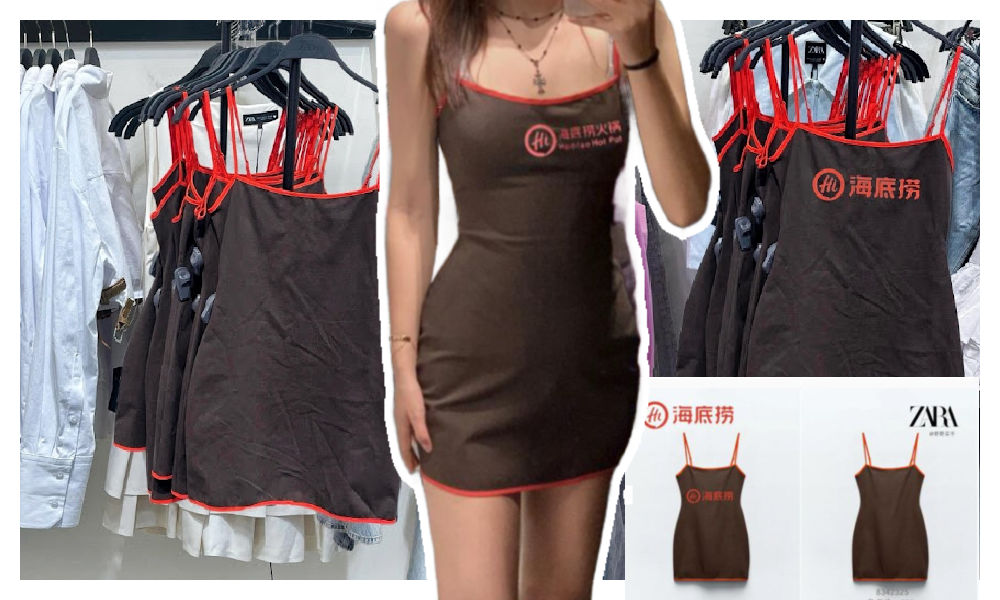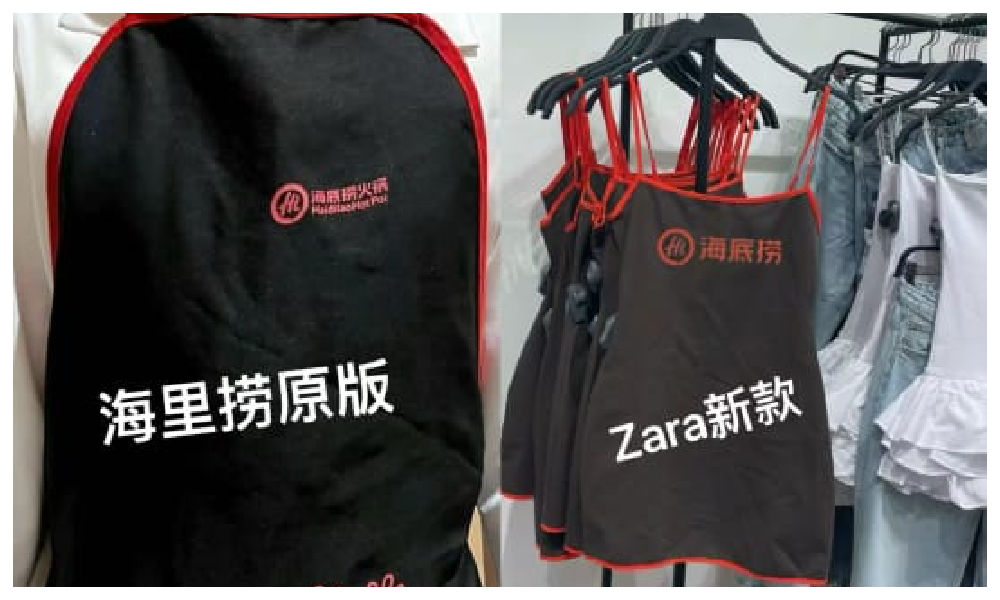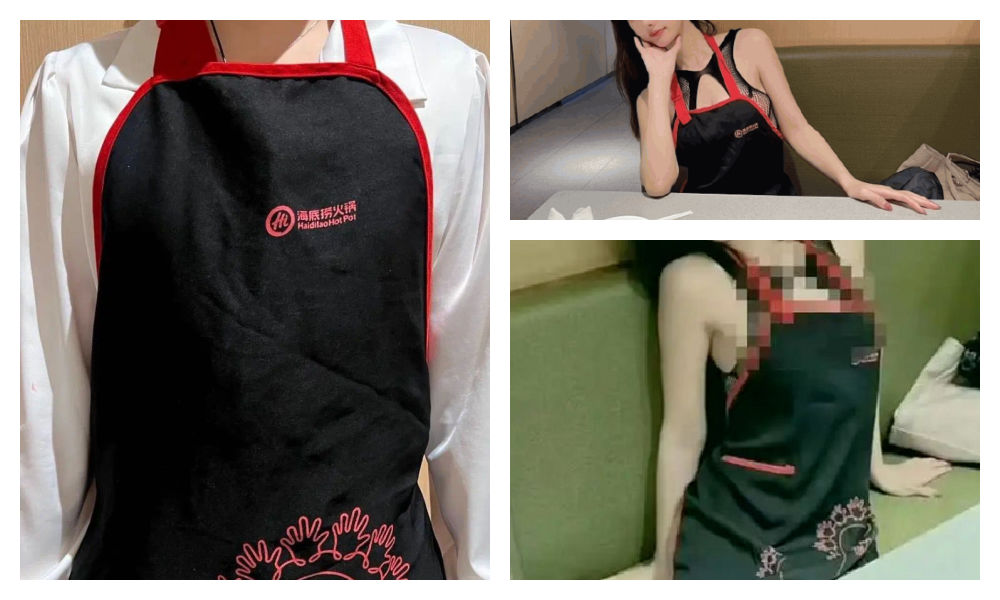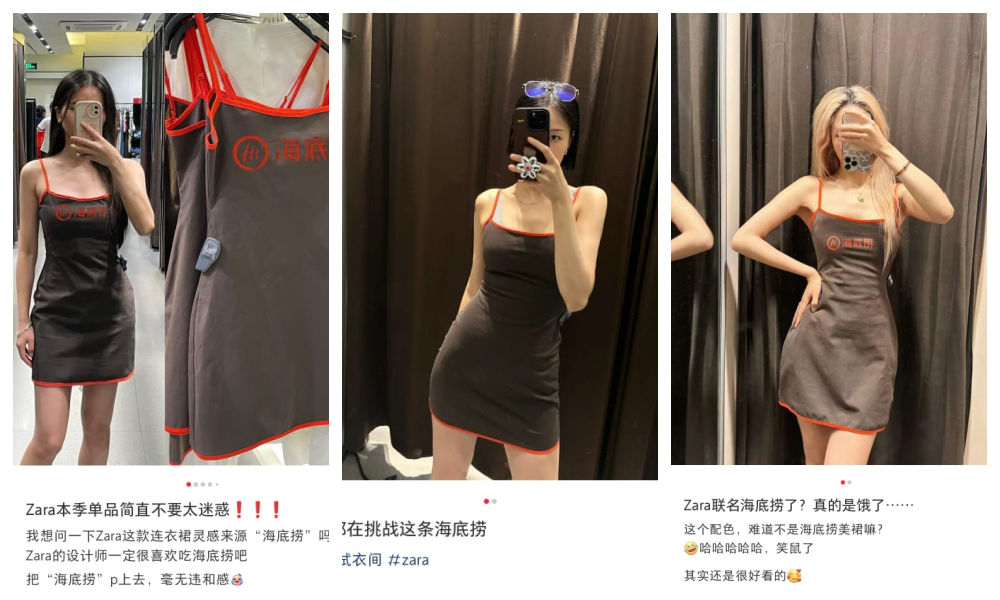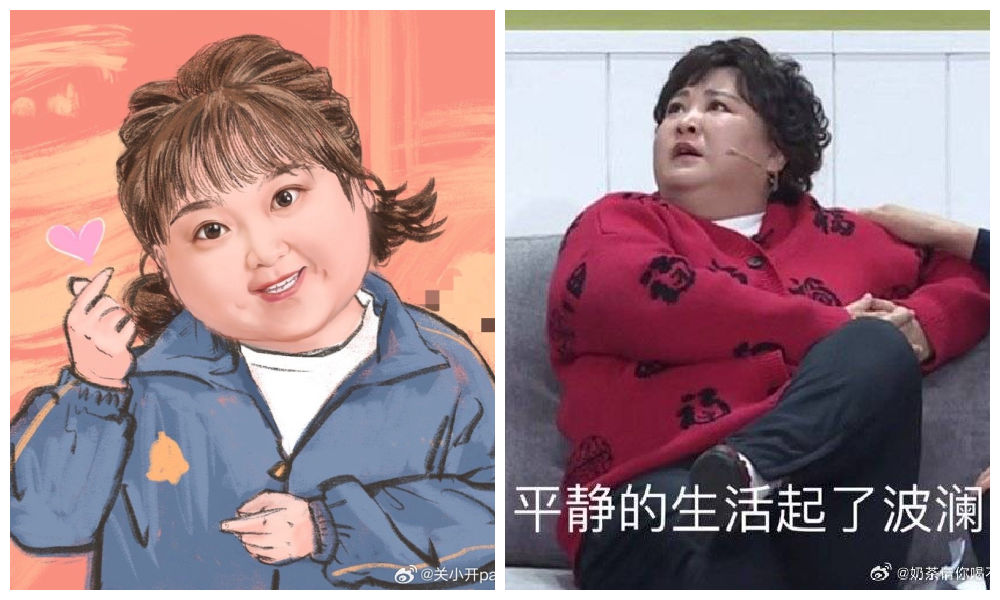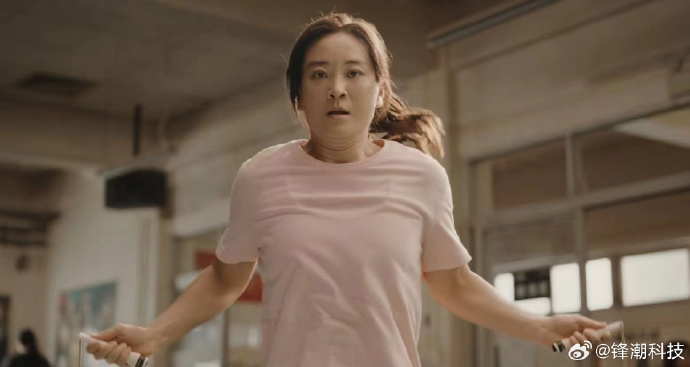The passing of a 14-year-old Russian model made headlines this week after media reports claim excessive hours and bad employment conditions contributed to the girl’s sudden death. The Chinese model agency that hired her denies allegations of her alleged “slave contract.”
The death of the 14-year-old Russian model Vlada Dzyuba has sparked discussion both inside and outside China about the working circumstances of foreign models in China. The young model passed away on October 27 during a two-month stay in China for the Shanghai Fashion Week.
Various media, including English-language newspaper Siberian Times, reported the girl fell ill due to exhaustion and meningitis after a 13-hour Shanghai fashion show, blaming the heavy workload for her condition.
It is also claimed the young model only made approximately $8 a day after paying her airfares, hotels, and food, and that she had no medical insurance in China.
Dzyuba’s mother told a Russian television channel that her daughter had called her from her work in China saying: “Mama, I am so tired. I so much want to sleep.”
The girl, originally from Perm, was hired by Chinese model agency ESEE and has been in China for more than 60 days before she got sick. She was legally allowed to work as a model in the PRC.
ESEE Model Management issued a statement on Weibo about Dzyuba’s death on October 29.
In the statement, the modeling agency says: “Friends from the media, colleagues from the fashion world, we are so sorry to have lost an angel. We’re grieving over Vlada’s passing.”

The agency also reports the details about the final days of Dzyuba, saying she was hired by ESEE for a total of three months. After the Shanghai Fashion Week ended on October 18, the model was sent out to Yiwu, Zhejiang, for a project from October 23 to 27.
Although the model agency claims Dzyuba has various moments of rest during October 24 (at 10:00, 12:00 and 17:00), she started feeling unwell during the night and was sent back to Shanghai on the 25th where she was taken to a hospital at 18:00.
Her Russian contacts were informed when her health deteriorated the next day. Dzyuba passed away on Friday, October 27, at 7:36.
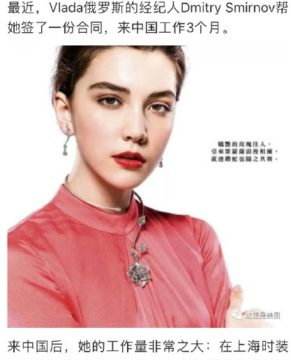
While the statement included no medical details, Voice of America reports that a hospital record provided by the agency listed multiple causes of death, including sepsis, a life-threatening illness caused by the body’s response to an infection.
On Weibo, Dzyuba’s death sparked many discussions, with netizens wondering: “14 years old? Why was she allowed to work in China?” or “Wouldn’t this be considered child labor?”
“Children are children, do not let them become money-making machines,” another Weibo user said.
“Even if she passed away from an infection, was this not brought about due to a lowered immune system because of overwork?,” others wonder.
There are also netizens who ask about the responsibility of the Russian modeling agency: “Generally the treatment of foreign models in China is very good (..) Either this model already had health issues, or the Russian company arranged too much work for her in China.”
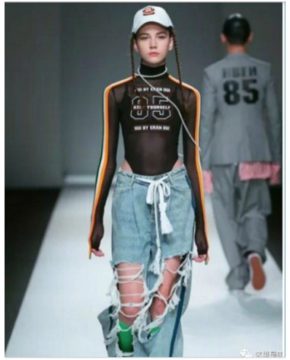
South China Morning Post reported about foreign models in China last year, writing that there is an increased demand in China for foreign models, especially from eastern Europe, where the wages are comparatively low and from where the air fair to the PRC is relatively inexpensive.
With so many questions remaining unanswered, Russian diplomatic staff have reportedly been asked to investigate the circumstances of Dzyuba’s death.
By Manya Koetse
Spotted a mistake or want to add something? Please let us know in comments below or email us.
©2017 Whatsonweibo. All rights reserved. Do not reproduce our content without permission – you can contact us at info@whatsonweibo.com.
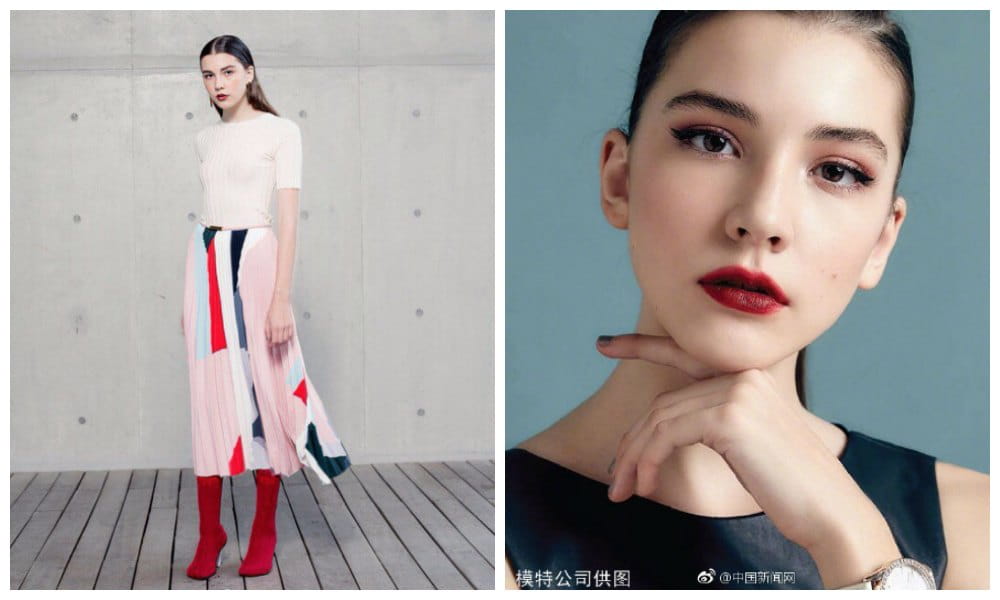

 China Insight1 month ago
China Insight1 month ago
 China Arts & Entertainment3 months ago
China Arts & Entertainment3 months ago
 China Arts & Entertainment2 months ago
China Arts & Entertainment2 months ago
 China Media1 month ago
China Media1 month ago










